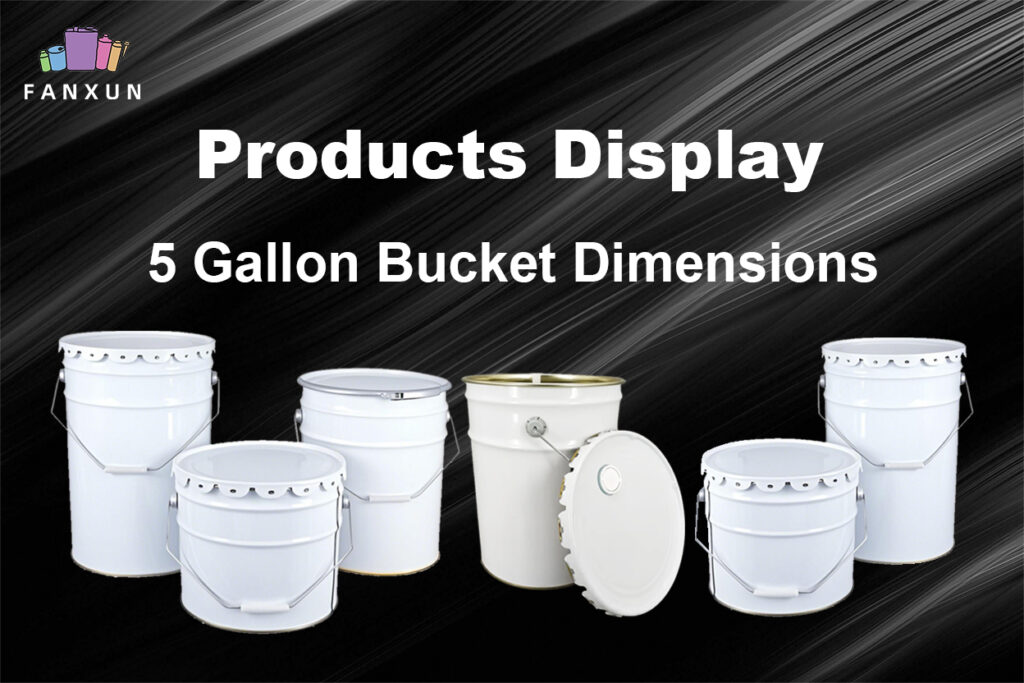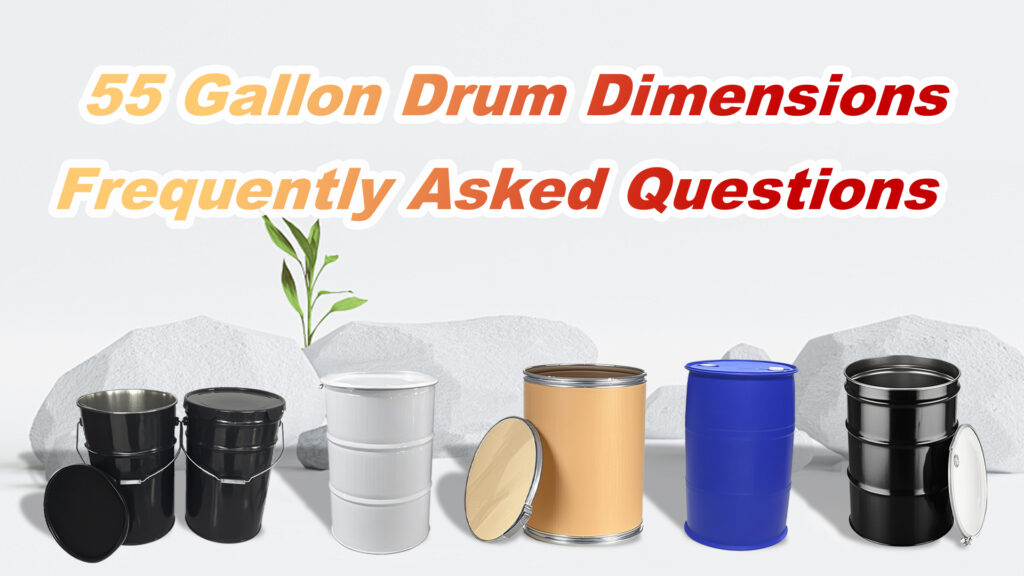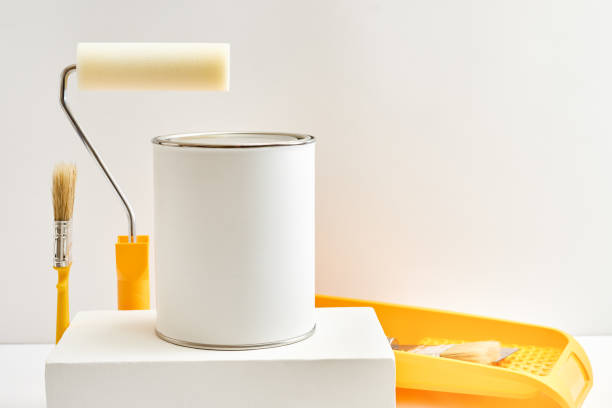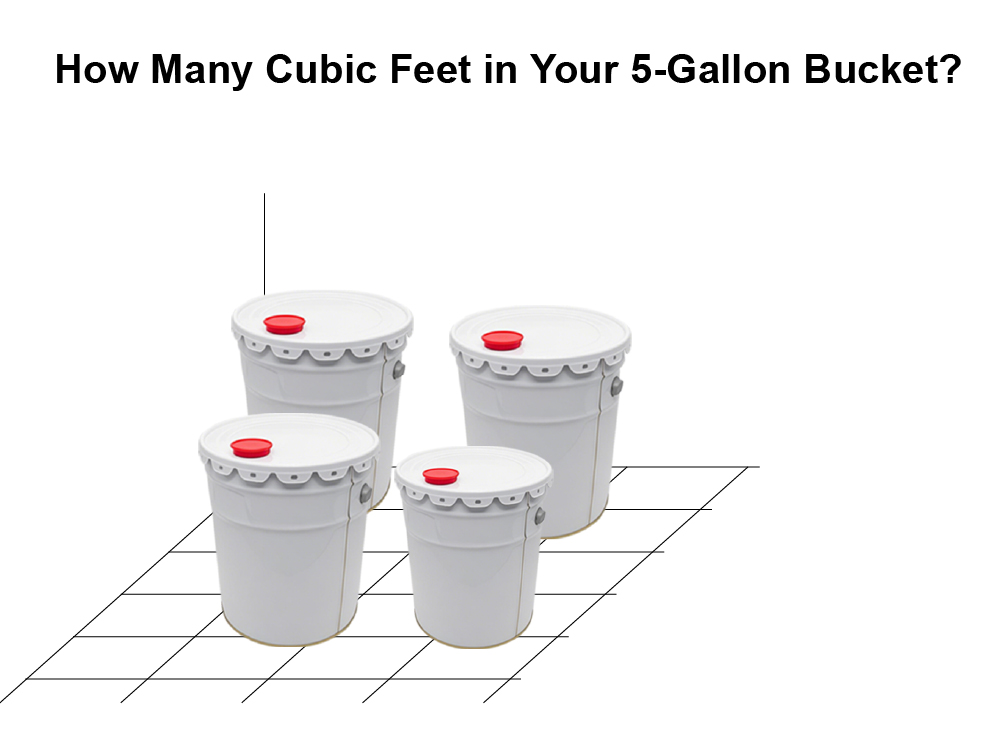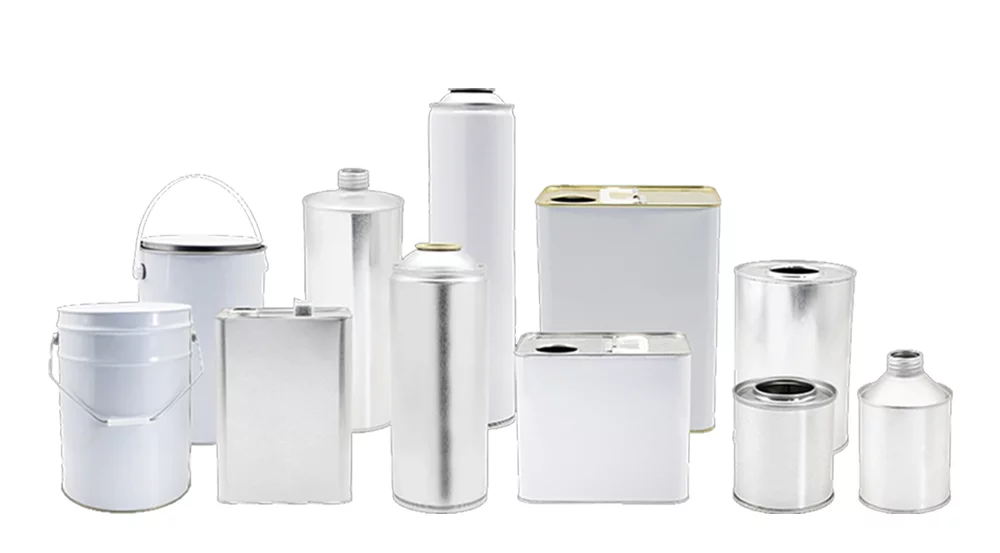In our daily life and industrial scenes, metal buckets are more convenient for storing and transporting items. Compared with plastic buckets, metal buckets are stronger than plastic. Plastic may leak toxins such as bisphenol A, while metal buckets will not leak toxins and will not absorb the odor of the items in the container. And recycling will not cause much harm to the environment. In the field of metal buckets, there are usually 3 types: seau métallique, galvanized buckets, and steel buckets. Understanding their differences is crucial to choosing the right bucket for specific needs.

What is an metal pail?
Iron barrels are made of ordinary iron materials. This type of metal barrel is usually easy to process and economical. This barrel is formed into a specific shape by stamping and welding, and is usually equipped with a lid and sealing accessories.
Advantages of metal pail: It has a low production cost and is simple to manufacture. It is usually used to store some products such as paints and lubricants.
Disadvantages of iron barrels: Since iron barrels do not use any anti-rust upgrade technology, they are very susceptible to oxidation reactions and rust when exposed to air or humid environments for a long time.
Donc, iron barrels are more suitable for some disposable or short-term storage needs of products.
What is a galvanized barrel?
Galvanizing is a process of applying a protective zinc coating to iron. En général, there are two types of galvanizing processes, hot-dip galvanizing and cold-dip galvanizing. Cependant, no matter which process is used, there will be a layer of galvanized layer on the surface of the galvanized barrel. Why use zinc? Zinc is the key to rust prevention. Because iron itself will rust due to oxidation reactions with elements such as air and water. Galvanizing prevents rust and provides product life.
Advantages of galvanized barrels
When your iron barrel uses the galvanizing process, you will not need to consider its maintenance. Due to its rust-proof ability, as long as it is avoided in highly acidic or highly alkaline environments, it will work for you for a long time or even for life without maintenance.
What is a steel barrel?
A steel barrel is a barrel made of steel (carbon steel or stainless steel). Its wear-resistant, strong and durable characteristics make it one of the most popular industrial storage and transportation solutions in the world.
Advantages of steel barrels
First of all, steel barrels have excellent high strength and durability. Its sturdy structure enables it to withstand heavy objects and severe impacts, ensuring that it will not be easily damaged or deformed during transportation. Secondly, the steel drum has excellent sealing performance and is equipped with high-quality sealing covers and lock ring designs to effectively prevent liquid or gas leakage, while avoiding the entry of pollutants to ensure the purity and safety of the material. En outre, due to its sturdy material, steel drums can adapt to a variety of transportation methods and complex environments, and perform well in long-distance transportation or storage of high-risk materials. Steel drums also have the environmental advantages of being recyclable, with a long service life and multiple reuses, which is in line with the concept of sustainable development. Although carbon steel drums are prone to rust in humid environments, their corrosion resistance is significantly improved after galvanizing or coating. Stainless steel drums are suitable for storing high-demand chemicals or foods due to their natural corrosion resistance. Donc, steel drums are highly favored in the fields of chemical, petroleum, food and hazardous goods transportation, providing users with reliable solutions.
Résumé
Choosing the right drum not only saves costs, but also ensures the safety and quality of stored materials. Iron drums are suitable for economical applications, galvanized drums provide corrosion protection, and steel drums are the choice with the highest requirements for safety and durability. Understanding these distinctions helps in making informed choices for a variety of industrial and everyday needs.















